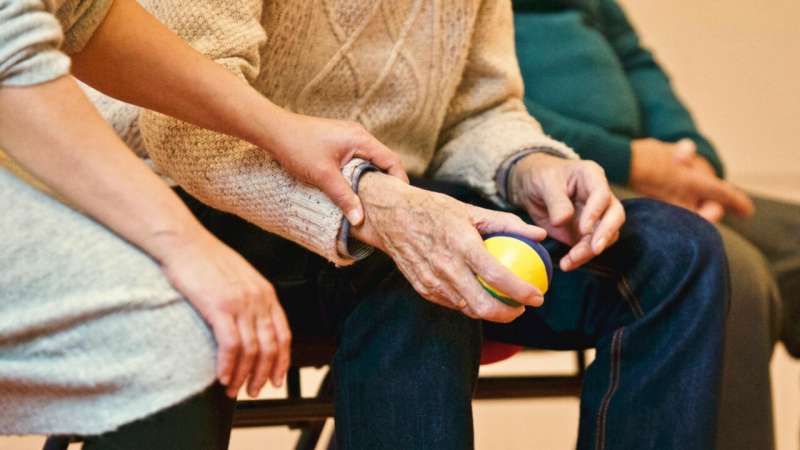Systemic Biases Limit Access to Sexual Assault Evidence Kits for Victims in Canada

A new study highlights how biases in rural Ontario healthcare providers hinder access to essential sexual assault evidence kits, impacting justice for victims. Addressing stereotypes and discrimination is crucial for equitable forensic care.
Victims of sexual assault in rural and remote regions of northwestern Ontario encounter significant systemic barriers when seeking forensic care, according to a recent study led by researchers from McGill University. Published in the journal Violence Against Women, the study highlights how biases and stereotypes influence the provision of sexual assault evidence kits (SAEKs), which are crucial for collecting DNA evidence, documenting injuries, and supporting legal proceedings.
SAEKs are typically administered in hospital emergency departments, especially outside large urban centers where specialized facilities are scarce. The research reveals that healthcare providers' decisions to administer these kits often depend more on personal stereotypes and credibility judgments than on standardized protocols. For example, the study identified that a 'credible' victim is often perceived as a white woman who was sober at the time of assault, does not know her attacker, and seeks police assistance. Conversely, victims who do not fit this idealized profile—such as Indigenous women, those under the influence of substances, or victims of violence involving police—are more likely to face disbelief, dismissive treatment, or discriminatory care.
Led by Kathleen Rice, an associate professor at McGill and Canada Research Chair in Medical Anthropology, the study underscores troubling biases still prevalent in 2025. Sydney Timmermans, a McGill graduate student involved in the research, surveyed hospital practices and conducted interviews with emergency staff, revealing three main themes affecting access to SAEKs: substance use, law enforcement involvement, and race.
Staff were more inclined to trust and provide kits to sober victims who called police, while intoxicated individuals or those arriving with police support were often dismissed or viewed with suspicion. Indigenous women, in particular, were frequently subjected to racial stereotypes, resulting in skepticism about their claims. These findings are concerning but not surprising to the researchers, who emphasize that such biases threaten equitable access to justice and healthcare.
Because rural Canadian hospitals are often the only point of access for forensic evidence collection, these issues extend beyond Ontario reach, impacting victims nationwide. Ensuring reliable access to SAEKs is vital, as these kits not only document injuries and collect DNA but also serve as crucial tools for survivors choosing to pursue legal action. The study advocates for clearer hospital protocols and enhanced training programs aimed at addressing discrimination within the healthcare system.
Despite the challenges, there is a positive outlook: many healthcare workers expressed a desire for better training to counteract biases. The researchers are also exploring follow-up studies in Quebec to further understand and improve forensic care practices for sexual assault victims.
By addressing these systemic biases, the healthcare and justice systems can move toward more equitable and effective support for survivors of sexual violence.
Stay Updated with Mia's Feed
Get the latest health & wellness insights delivered straight to your inbox.
Related Articles
The Challenges of Medication Use During Pregnancy in the Context of Reduced Medical Research Funding
Pregnant women often lack sufficient safety data on medications due to persistent underfunding and ethical barriers, risking maternal and fetal health. Learn how research cuts threaten progress in this critical area.
Innovative Leukemia Stem Cell Technique Enhances Relapse Prediction in AML Patients
A groundbreaking leukemia stem cell-based assay improves relapse prediction accuracy in AML patients, outperforming traditional methods and enabling better post-transplant management.



